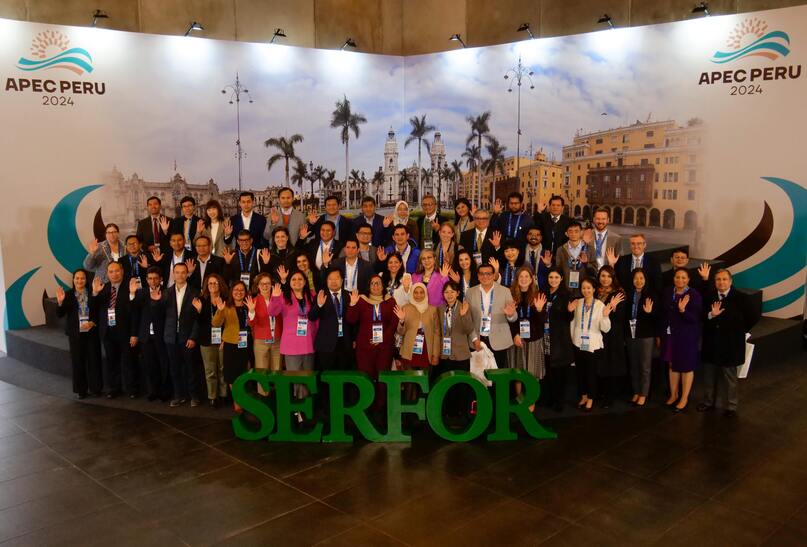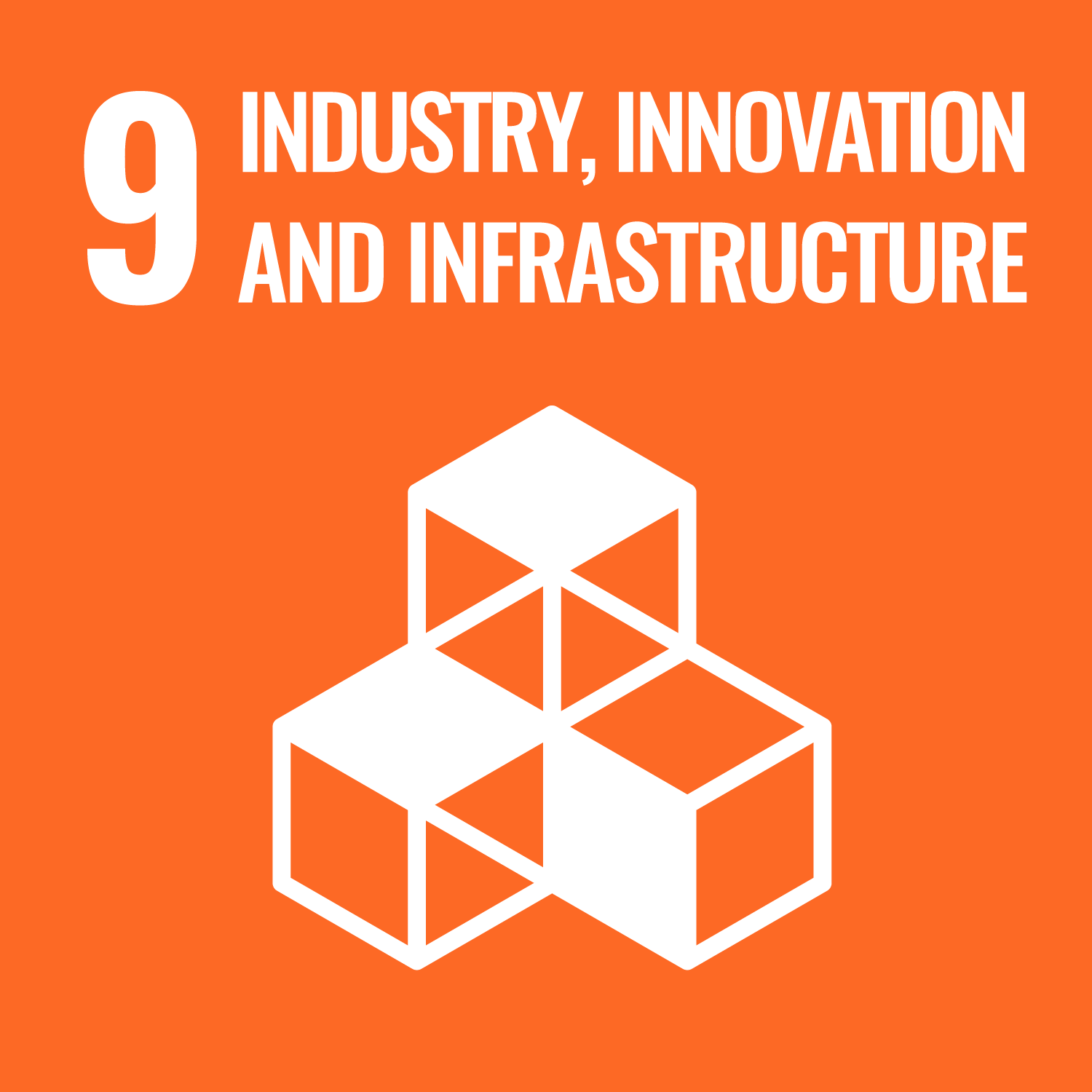At APEC forum, ITTO calls for more investment in traceability innovation to support sustainable use
27 August 2024

Group photo of the 26th APEC EGILAT held in Lima, Peru. Photo: SERFOR
27 August 2024: There is no shortage of inventiveness in timber traceability, but more investment and incentives are needed to further develop these innovations, facilitate their uptake in the timber sector, and ensure that such systems are financially self-sustaining, an ITTO officer has told Asia-Pacific Economic Cooperation (APEC)’s illegal logging expert group, known as EGILAT.
The 26th APEC EGILAT Plenary Meeting and its associated workshop organized by Peru’s National Forestry and Wildlife Service (SERFOR) were held in Lima, Peru, on 12–14 August 2024.
Innovative traceability and wood identification technologies are enabling the development of robust tracking systems and thereby helping build trust across tropical timber supply chains. These systems provide reliable information on the flow of forest products and thereby support sustainable forest management, good forest governance and efficiency across supply chains and ultimately help provide assurance of the legality and sustainability of tropical wood products.
At the workshop, “Innovation in information system in APEC economies for traceability and ensuring the legal origin of timber”, ITTO Projects Manager Tetra Yanuariadi presented on ITTO’s work—through projects—to develop information-systems-based applications for timber traceability and wood identification to ensure the legality of forest products.
“This is an exciting field where technological innovations are leading to greatly enhanced transparency, legality assurance and operational efficiency,” Dr Yanuariadi said.
Dr Yanuariadi shared examples of such innovations developed through ITTO projects in Brazil, China, Guatemala and Panama with participants.
In Brazil, the project developed software to speed up and improve forest planning and the selection of harvest trees based on clear criteria, thereby providing greater control over timber production and supporting sustainable forest management. Guatemala’s timber traceability system automates certain forest-related processes, minimizes response times, standardizes forms, clarifies procedures, avoids data duplication, minimizes human error, limits the discretionary powers of forest officers and bureaucracy, and enables officials to meet deadlines established by law to process requests and applications.
In China, an ITTO-funded project addressed the lack of understanding among small and medium-sized forest enterprises of procurement policies in some export markets and increased appreciation among such actors of the market risk of using unsustainably or illegally harvested tropical timber. In Panama, a project established a forest monitoring and verification system for preventing illegal logging, monitoring flows of illegal timber from natural and planted forests, and streamlined the issuing of permits and the clearing of shipments along transport routes.
At the Plenary Meeting of the 26th APEC EGILAT, Dr Yanuariadi provided an update on ITTO’s efforts to support the use of sustainably produced tropical timber in domestic markets of member countries through projects implemented in India, Indonesia, Malaysia, Thailand and Viet Nam. The aim of these ongoing projects, which are funded by the Government of Japan, is to further develop domestic markets for legal and sustainable wood, and their scope covers the enhancement of national strategies and policies on timber production and timber product trade; the improvement of production capacity; building the capacity of community forestry enterprises; diversifying the range of wood products; and raising consumer awareness about the advantages of wood products.
These projects comprise part of ITTO’s contribution to Sustainable Wood for a Sustainable World (SW4SW), an initiative of members of the Collaborative Partnership on Forests that aims to increase the value of sustainable wood supply chains and enhance their social, economic and environmental benefits. The promotion of sustainable wood is also part of ITTO’s Legal and Sustainable Supply Chains programmatic line.
Download ITTO’s presentations below



